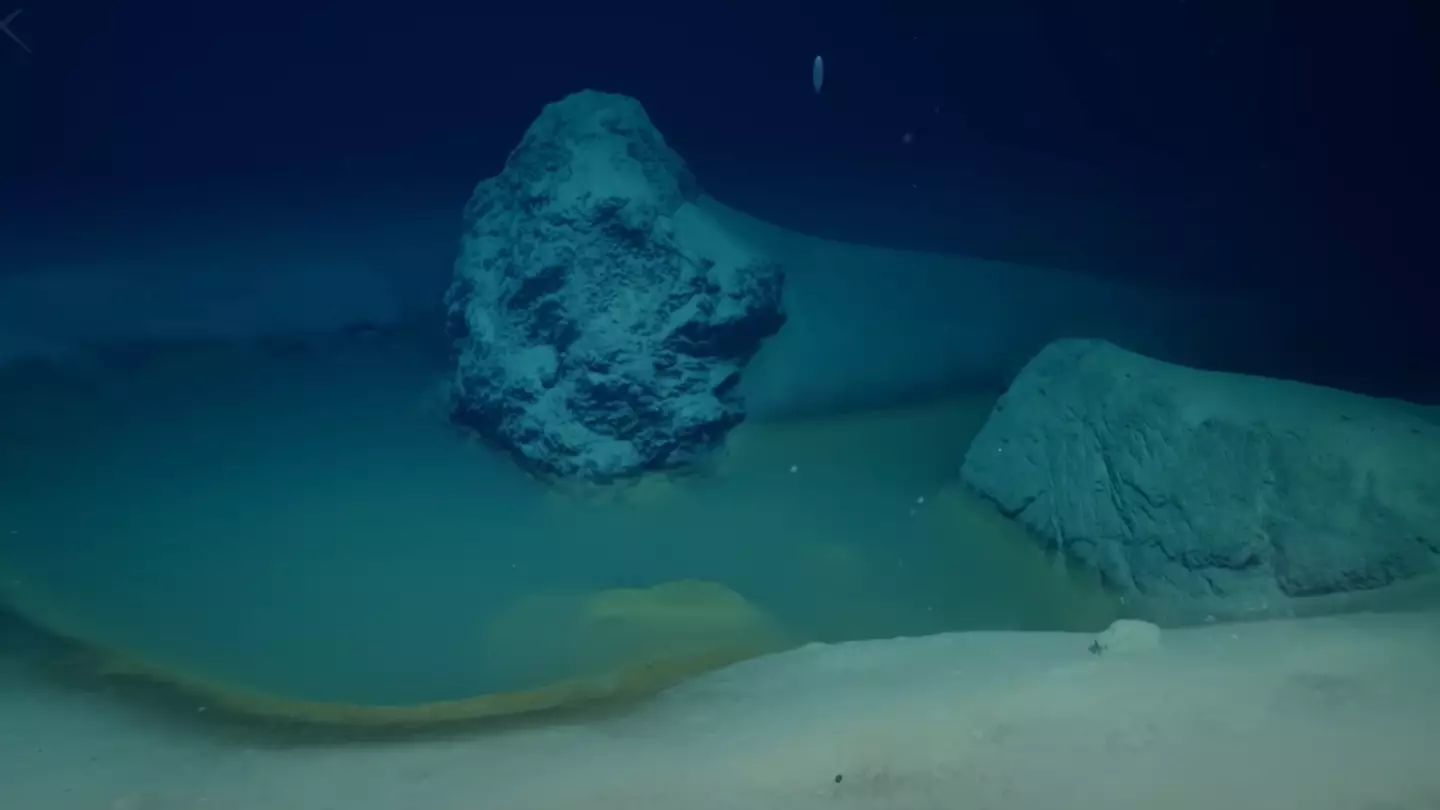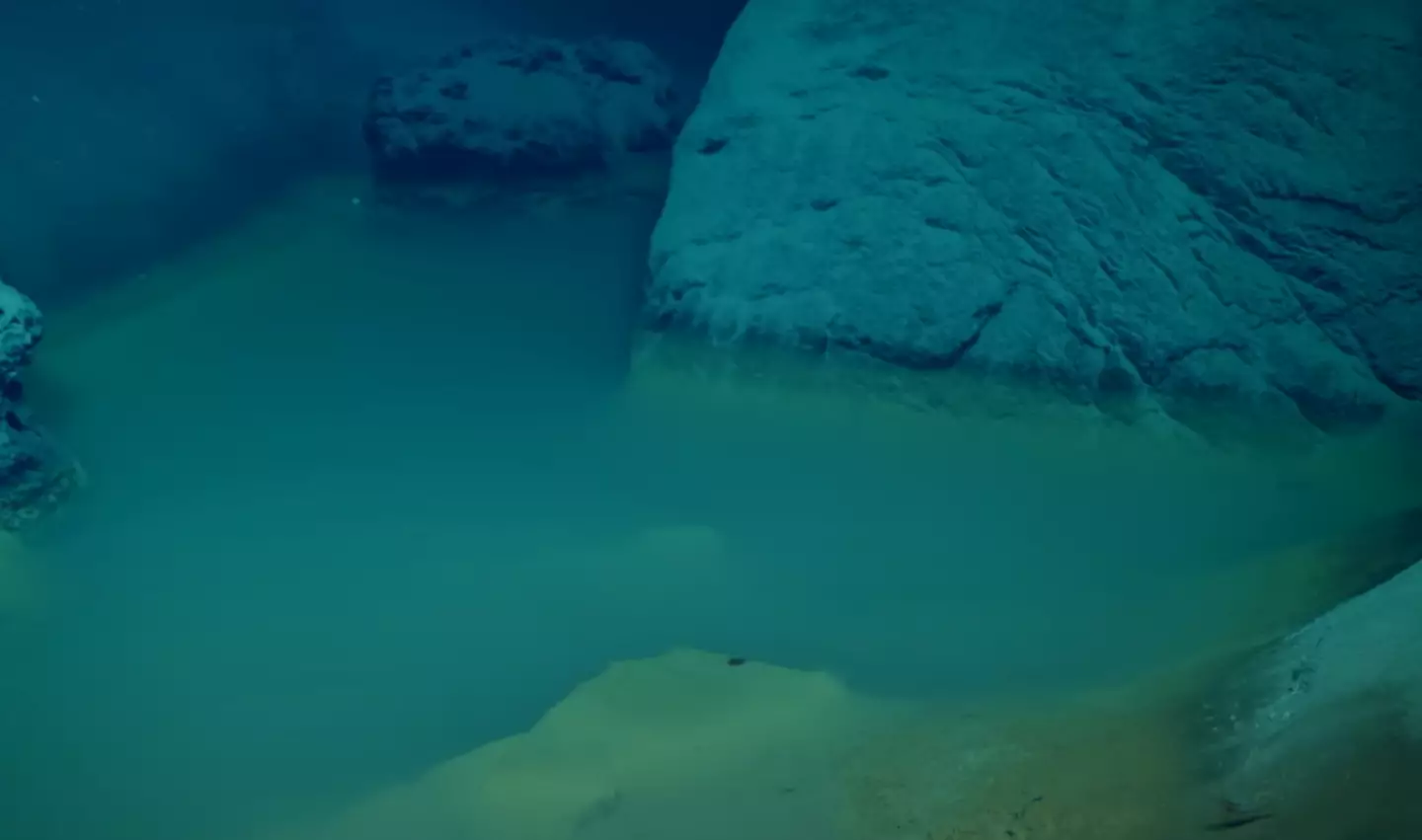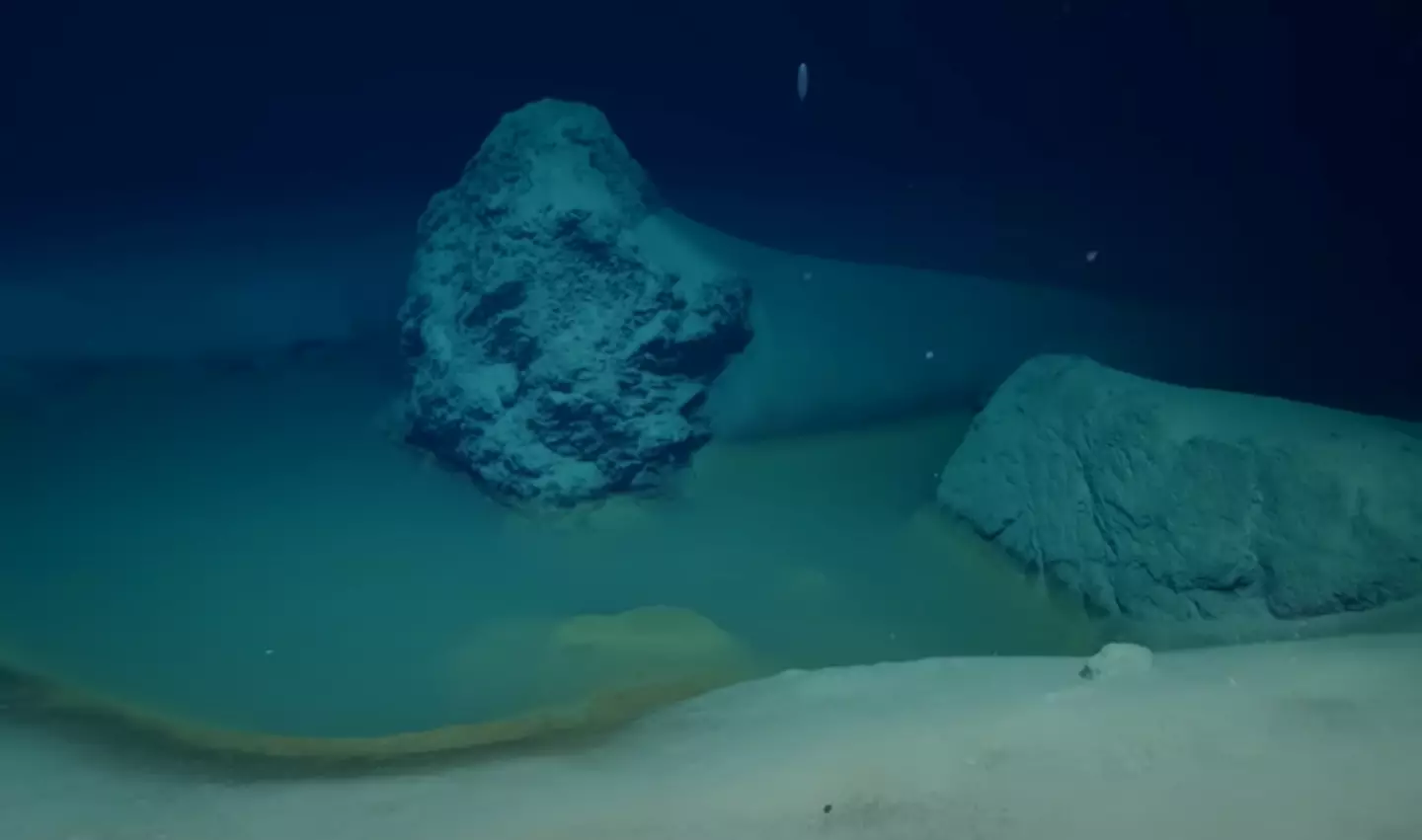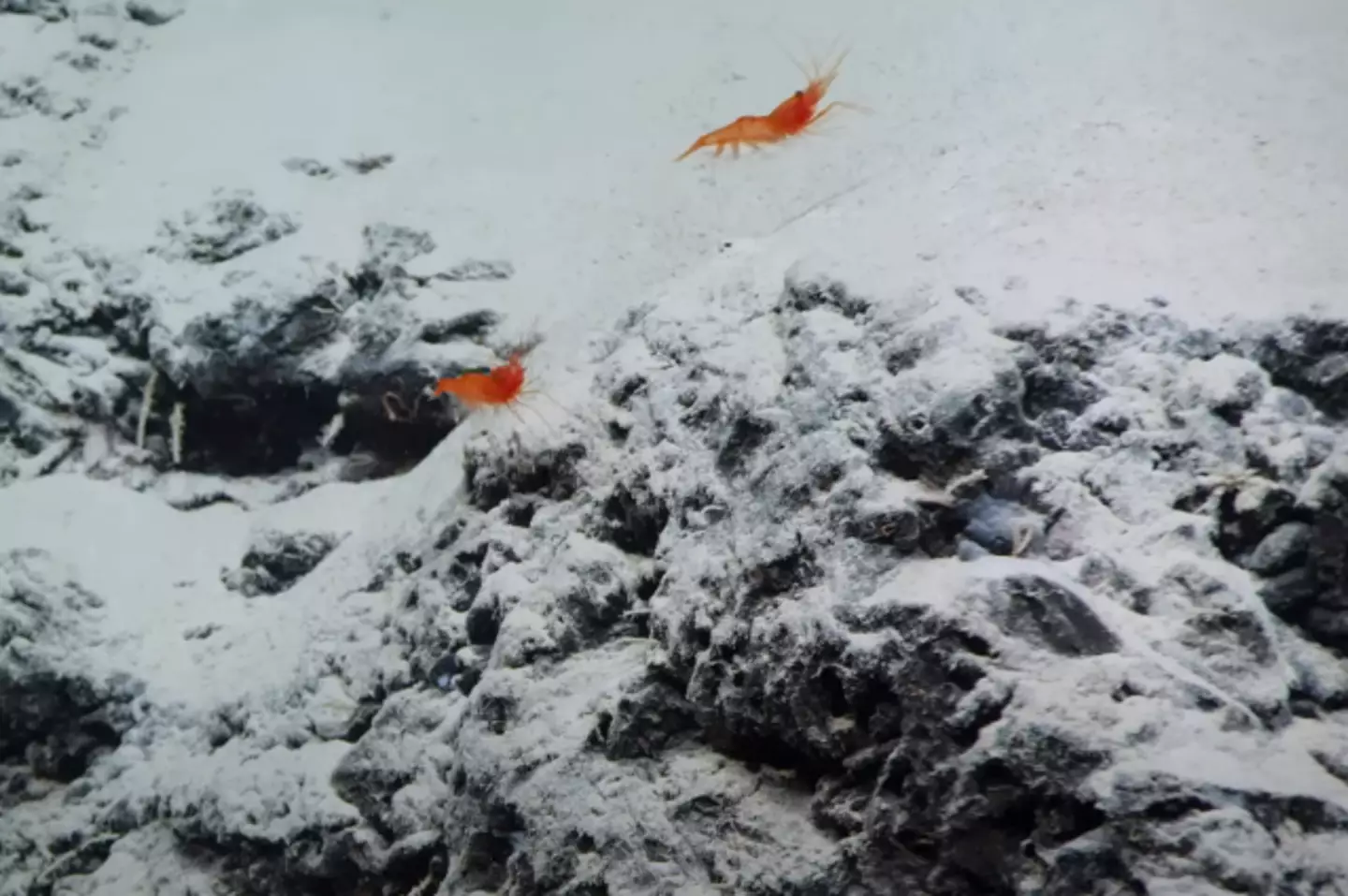
Forget exploring space, as it's believed that only five percent of the ocean has been explored — meaning there could be a whole wealth of resources and secrets lurking under the waves.
The Seven Seas might seem like nothing more than endless sand, fish and salty water to most of us, but ask any marine scientist and they'll tell you our oceans are much more than that.
One such example lies at the very bottom of the Red Sea, with researchers back in 2022 making a discovery which provides valuable insight into the early history of our oceans.
Located at the Gulf of Aqaba, which borders the countries of Egypt, Israel, Jordan, and Saudi Arabia, researchers were surprised to uncover a series of deep-sea brine pools 1,770 meters down on the ocean floor.
Advert

Now I know what you're probably thinking but bear with me, as it turns out the existence of underwater lakes filled with hyper-saline water is a critical part of understanding how life on Earth came to be.
What was the mission?
Researchers were combing the Red Sea for brine pools, which are important for marine researchers are they provide information on the history of our oceans.
They can also tell us more about local environments, including understanding and predicting tectonic activity in the area.
What did they discover?
Brine pools are typically found in seabed depressions formed deep regions of the ocean. They are currently known to exist in three bodies of water: the Gulf of Mexico, the Mediterranean Sea and the Red Sea.
What makes the 2022 discovery so important is that these brine pools were found in the 'shallower waters' of the Gulf of Aqaba, a region where it wasn't previously thought such conditions could exist.
What kind of life survives there?

This question very much depends on whether we're talking about life inside or outside of the brine pools.
The pools are considered to be one of the most extreme environments on the planet, as their high salinity and complete lack of oxygen means that any marine life which ventures in is immediately immobilised and killed.
Despite the deadly reputation, the pools have become somewhat of an ecosystem or nearby creatures, as Purkis notes that shrimp will often monitor the brine and swoop in to grab any unfortunate organism which falls in.
The pools themselves aren't completely devoid of life either, with chemosynthetic life able to utilise this toxic environment as a place to create their own ecosystems.
Why does it matter?

Put simply, the discovery matters as its the first of its kind, which researchers believe is proof that more brine pools could exist in shallower regions.
"This gave an indication that they [brine pools] could exist in other environments," Sam Purkis, head of professor and chair of the Department of Marine Geosciences at the University of Miami, said of the discovery.
The findings could also be an important indicator for life on other planets, as Purkis notes that if brine pools are part of the development of life then astronomers need to find the following on other planets.
"To get this sort of environment you need hydrothermal activity," he said. "And if you're going to get hydrothermal activity then you need plate tectonics. If Earth is one of the rare planets that has plate tectonics... its conceivable that life in the universe is very rare indeed.
"Perhaps we're the only ones."
Which is certainly a pretty bleak way of looking at things.
Expanding on the importance of understanding our own planet before looking for others, he added: "Until we understand the limits of life on Earth, it will be difficult to determine if alien planets can host any living beings.
"Our discovery of a rich community of microbes that survive in extreme environments can help trace the limits of life on Earth and can be applied to the search for life elsewhere in our solar system and beyond."
Who was behind the research?
The research was conducted by a partnership from OceanX, University of Miami's Department of Marine Geosciences and Saudi company NEOM.
The group's findings were published in the journal Nature Communications and can be found here.
Topics: World News, Environment